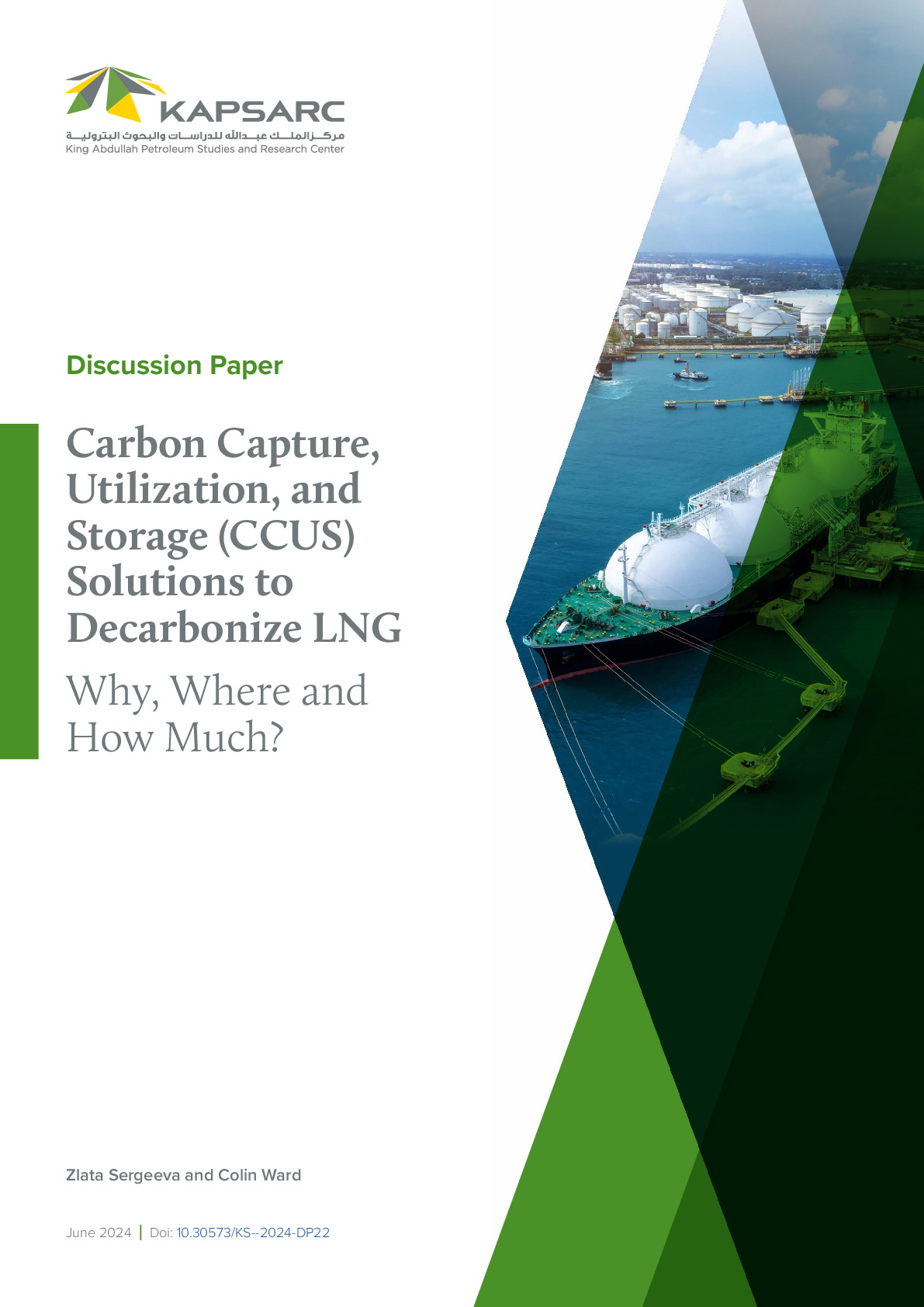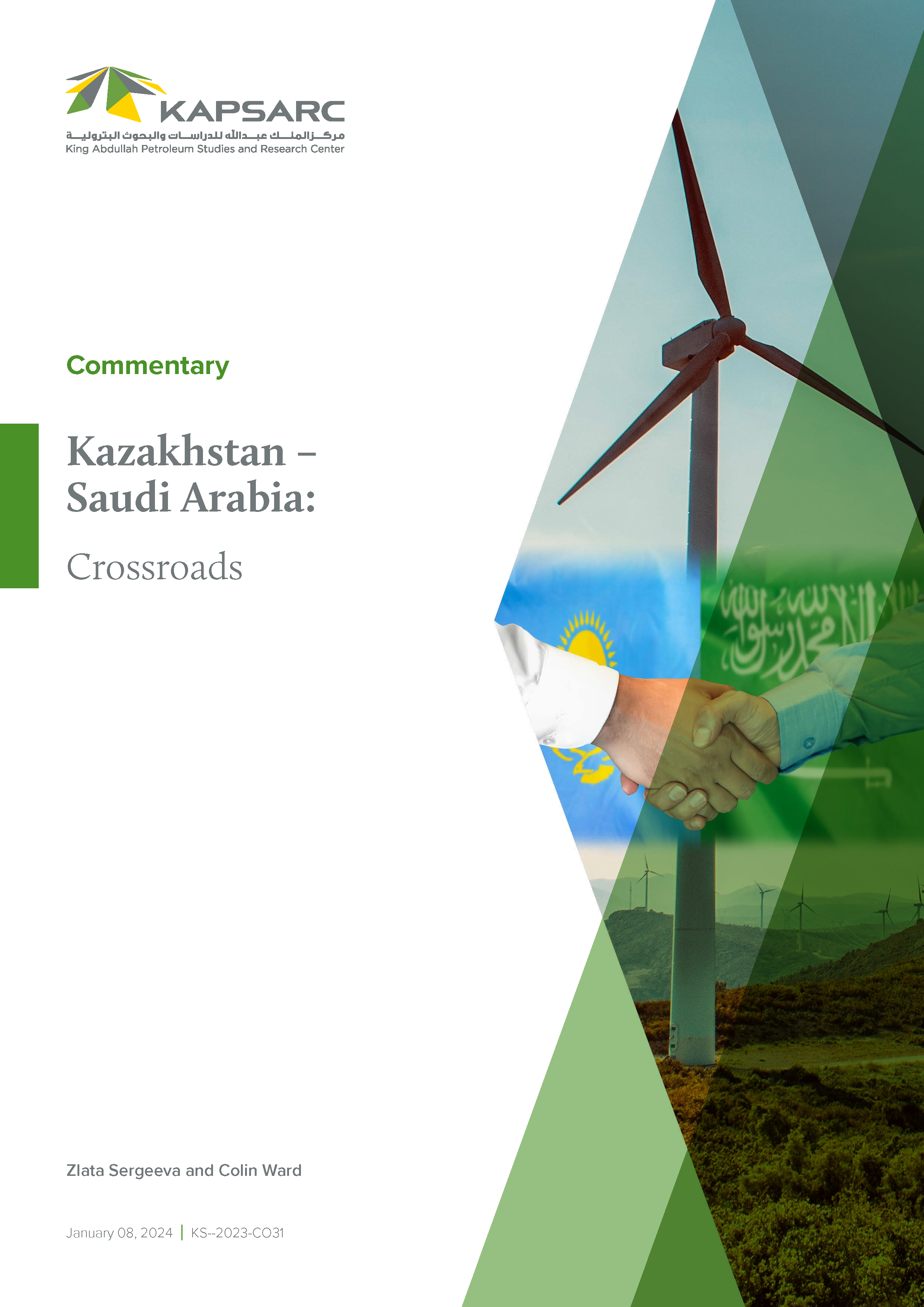Storing carbon dioxide (CO2 ) in oil reservoirs as part of CO2 -based enhanced oil recovery (CO2 -EOR) can be a cost-effective solution to reduce emissions into the atmosphere. In this paper, we analyze the economics of this option in order to estimate the amount of CO2 that could be profitably stored in different regions of the world. We consider situations in which the CO2 -EOR operator either purchases the CO2 supplied or is paid for its storage. Building upon extensive data sets concerning the characteristics and location of oil reservoirs and emission sources, the paper focuses on opportunities outside North America. Using net present value (NPV) as an indicator for profitability, we conduct a break-even analysis to relate CO2 supply prices (positive or negative) to economically viable storage potential.

Research Fellow
Mr. Ward has worked in all aspects of the energy industry from summer jobs on seismic rigs, to designing refineries,…
Mr. Ward has worked in all aspects of the energy industry from summer jobs on seismic rigs, to designing refineries, upstream field development, consulting and strategy work, and now high-impact academic analysis of issues facing the energy system. Much of Mr. Ward’s work in recent years has focused on CCUS-related topics including upstream carbon intensity, CO2-EOR, blue hydrogen, hydrocarbon producer strategy in a carbon-constrained world, and blockchain-based carbon tracking and trading.
Expertise
- Oil Markets
- Upstream
- Carbon
- CCUS
- Hydrogen
- Technology
- Strategy and Consulting
Publications See all Colin Ward’s publications

Carbon Capture, Utilization, and Storage (CCUS) Solutions to Decarbonize LNG: Why, Where and How Much?
Storing carbon dioxide (CO2 ) in oil reservoirs as part of CO2 -based enhanced oil…
1st July 2024
Kazakhstan – Saudi Arabia: Crossroads
Storing carbon dioxide (CO2 ) in oil reservoirs as part of CO2 -based enhanced oil…
9th January 2024

